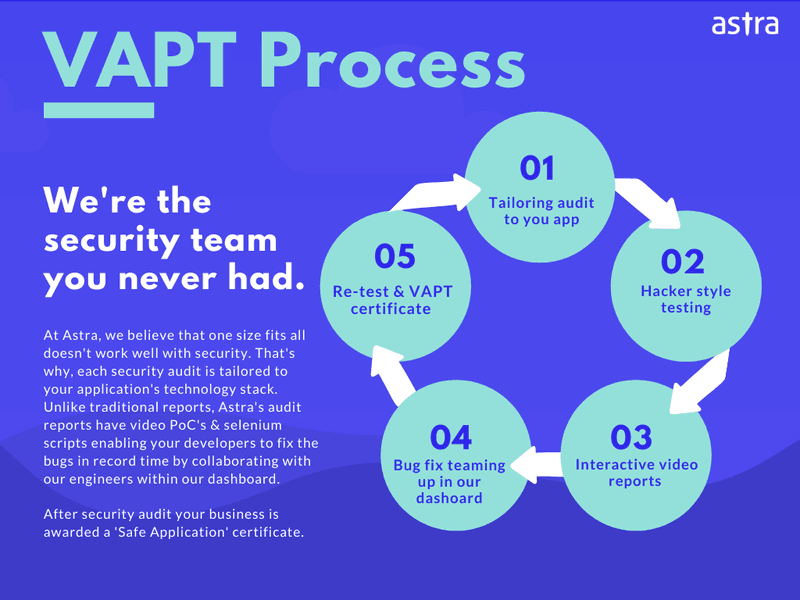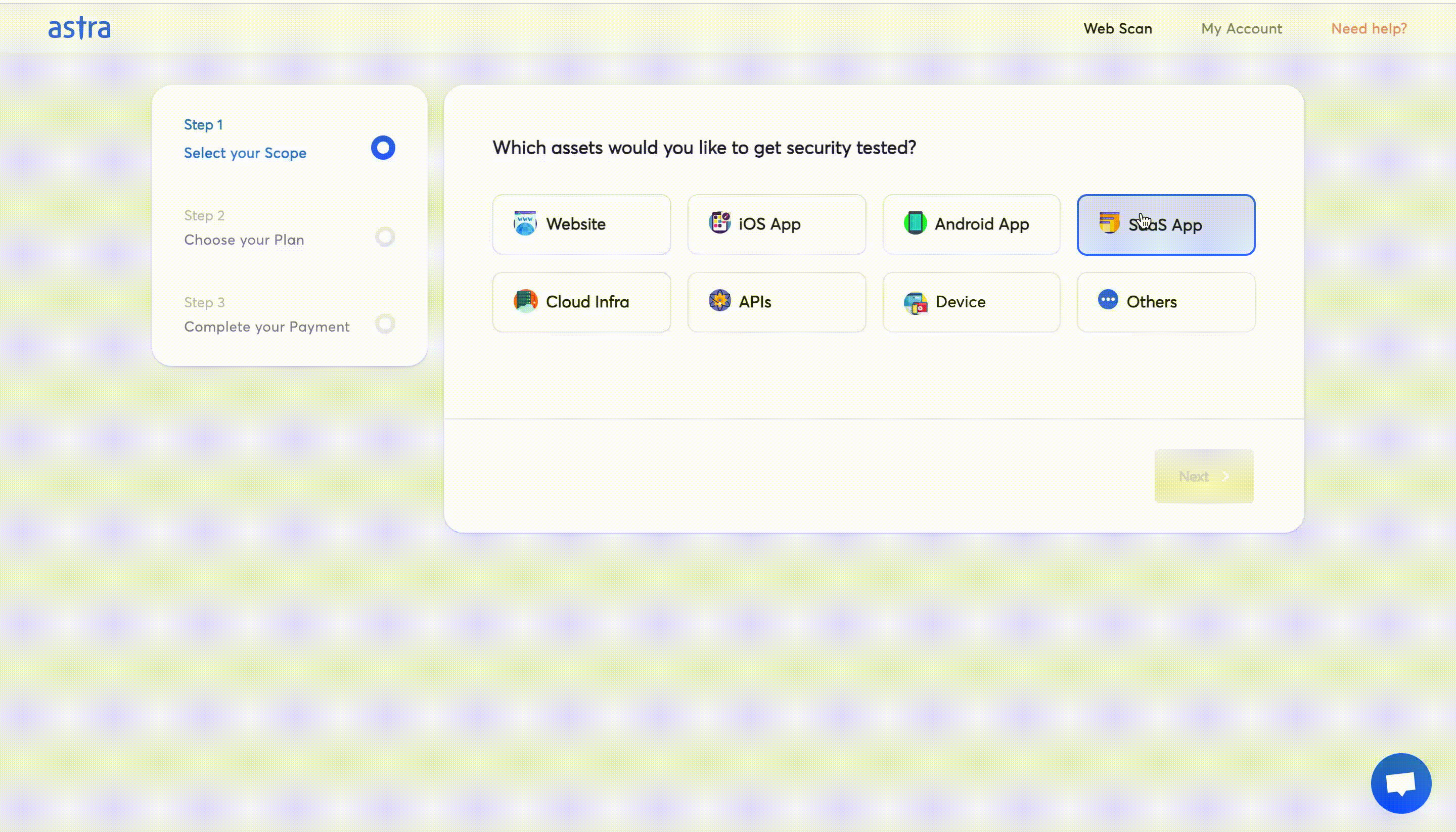Cyberattacks on the financial system, e-commerce, and educational institutions are not new. In 2016, a major data breach attacked several public & private banks (including SBI, ICICI, AXIS, YES) all at once and compromised over 3.2 million debit cards of customers. The security of banks has since been a hot debate. BBC reasons out why banks are so vulnerable in this post.
Sadly, the picture is not very different for Indian e-commerce and other Indian businesses as well. What’s even worrying is that cyberattacks and breaches have jumped by as much as 500% during the pandemic.
So if you own a business today, keeping it secure should be your topmost priority. And eliminating all existing vulnerabilities in your web system is the first step. Interestingly, a website security audit can make this incredibly simple for you.
| Scanner | Pentest | Enterprise |
|---|---|---|
| $1,999 per year | $ 5,999 per year | $ 7,999 per year |
| Weekly Vulnerability Scans | Unlimited Vulnerability Scans & 1 Manual Pentest | Vulnerability Assessment & Pentesting by Security Experts |
| 9,300+ Tests | Integration with CI/CD Tools | Cloud Security Report |
| Pentest Dashboard, Scan Behind Login | Zero False Positive Assurance | Publicly Verifiable VAPT Certification |
| Free trial for 7 days | Everything in the Scanner Plan | Everything in the Pentest Plan |
A website security audit in India can cost you anywhere from $500 to $2000 (35k to 1.5 lakhs in India) depending on the scope of the audit, systems under speculation, complexity, and service providers. We offer 3 website security audit pricing plans based on the number of tests performed & the frequency.
Timeline of Website Security Audit
The complete website security testing in India takes around time of 2-3 weeks depending on the scope of the application. At Astra, we share the first set of results within the first 12-48 hours so that your team can start with the patching of found vulnerabilities.
If you’re looking for a reliable website security audit provider in India, we have you covered.
Also Read: Security Audit Services: Importance, Types, Top 3 Companies
Website Security Audit by ASTRA Security
Astra offers a complete and thorough vulnerability assessment for businesses. We run over 8000+ tests including – static and dynamic code analysis, network configurations tests, server infrastructure tests, payment/price manipulation tests, business logic error tests, and so on to reveal all underlying vulnerabilities in your system.
Top Indian companies such as – Kotak Securities, Muthoot Finance, Tata Power, LIC, Hotstar, HOOQ, Girnar Group, have trusted Astra with their system’s security audit.
VAPT service by Astra comes in three different plans – Scanner, Pentest, and Enterprise, respectively costing $1999/year, $5,999/year, and $7,999/year.
Moreover, you also get yearly security audits and monthly security audits already integrated with the Advanced and Business Plan, respectively. These plans differ in a number of aspects – frequency, number of tests, POC, security consultation, type of support, and so on.
The VAPT process by Astra looks like something

Also Read: 10 Best Cyber Security Audit Companies [Features and Services Explained]
Once you sign up for the VAPT service, you get a collaborative dashboard where you can see vulnerabilities reported in your system, in real-time.

This is also where our security experts assist your developers in patching the reported vulnerabilities. Once you fix the vulnerabilities, we do a quick re-scan to ensure that all the patches are working.
Related blog – Penetration testing Company | Penetration Testing Quote
To Conclude…
A website security audit is required and necessary for your business. A complete evaluation of your website will let you know about all the security loopholes and unpatched vulnerabilities in your web system before an unfortunate & ugly cyberattack strikes you. Website security audit cost in India ranges anywhere from $500 to $2000 (35k to 1.5 lakhs in India) depending on the scope, methodology, and various other factors.
At Astra, we have helped various Indian and global organizations patch their vulnerabilities with our reliable yet affordable website security audit plans. Get your website tested today!
FAQs
1. What is a website security audit?
A website security audit is a process of checking a website for security for security vulnerabilities.
2. How much does a website security audit cost?
A website security audit costs $199 per month or $1,999 yearly.
















